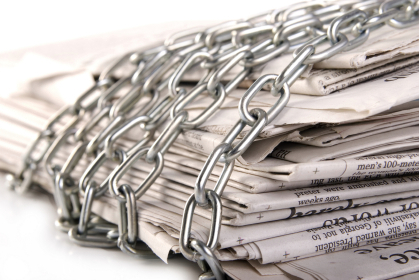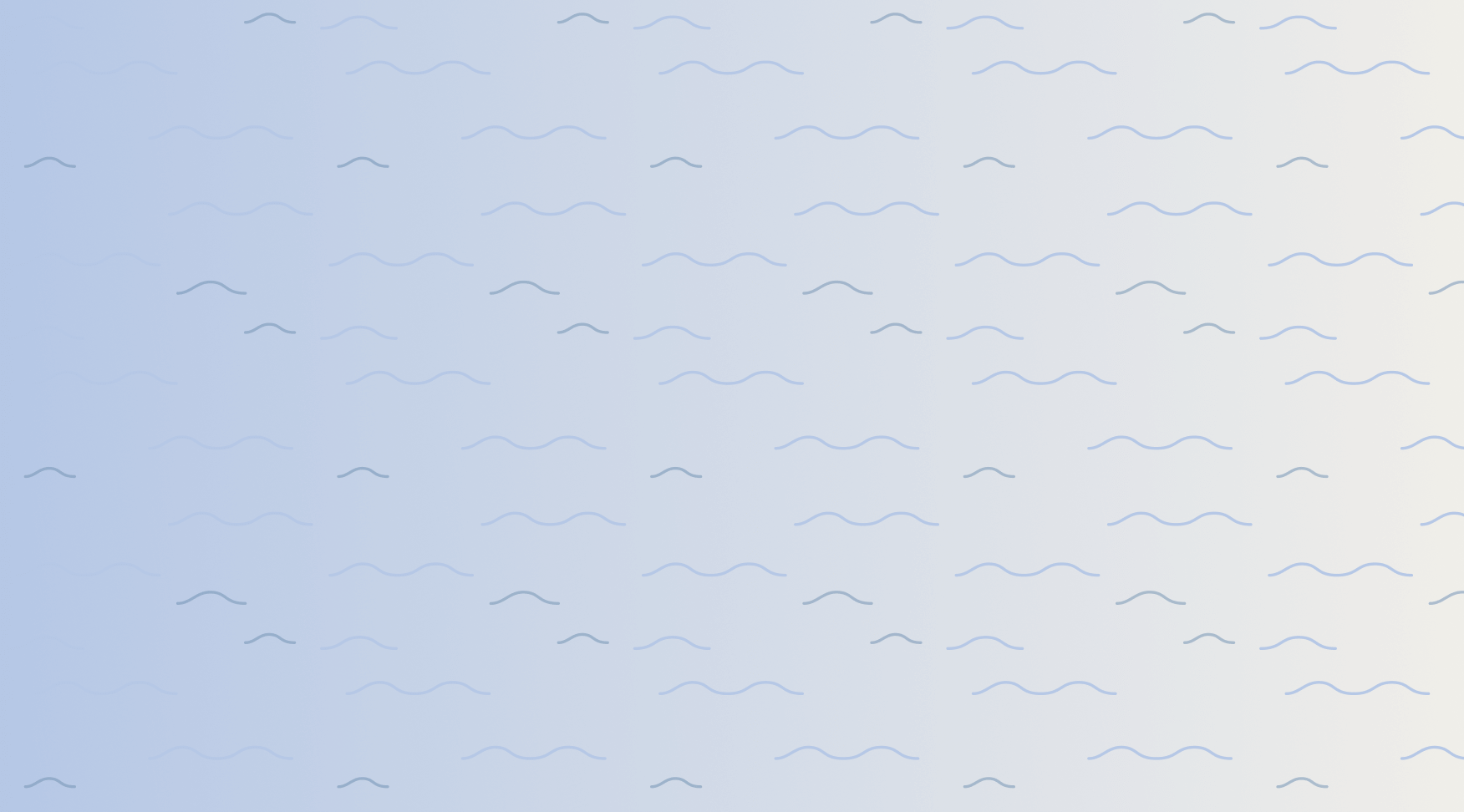The USA was ranked at 43, down from 41 in 2016. RSF concluded that American journalists were constantly being denounced by the US president who labeled them as ‘the enemy of the American people’, ‘among the worst people I have ever met’, ‘liars’, ‘sick people’. It’s said that the president is consciously demonizing and attacking the legitimacy of the media in general. A non-RSF observer of the Donald Trump – US mainstream media confrontation has said that Trump has ‘hijacked’ the meaning of ‘fake news’ originally meant to describe false reporting on the Internet. Fake news is used by Trump to label any story that displeases him. In this process he is undermining the historic reputation that the US press has enjoyed internationally, that of being the uncompromising promoter of freedom of the press.
Some have suggested that in placing the USA in the 43rd spot rather than the top ten, RSF has reinforced the understanding that it’s free of being influenced by any government, political party or pressure group in establishing its rankings.
It’s been said that Trump’s unrelenting accusations of the press has most likely emboldened autocratic, totalitarian rulers to call all media coverage they don’t like or is politically inconvenient as ‘fake news’. Trump has legitimized intimidation and coercion of the press. His recent threat to cancel the licenses of TV broadcasters he considers ‘unworthy’ is a fitting example of menacing authoritarianism, notwithstanding that he might have made it on rash impulse and ignored the fact that it wasn’t the purview of the president to grant or deny broadcast licenses. Some observers of the media in third world autocratic countries remark that press-bashing could very well lead to violence against journalists.
Russia has held the 148th place (out of 180 countries) for a number of years thus placing its press in the ‘not free’ category. Independent reporting and commentary has been restricted by draconian legislation and extralegal intimidation. But there is probably a more stark reason why Russia has been designated for years as a country without press freedom. Already in 2009 an investigation by the International Federation of Journalists documented over 300 deaths and disappearances of journalists since 1993. The information had been gathered by Russian organizations, Glasnost Defense Foundation and the Centre for Journalism in Extreme Situations. It’s been noted that at least 25 journalists were killed for obvious work related reasons since Putin came to power. In the great majority of these cases no none has been convicted or sentenced for their murders. Many of them had been investigating corruption by Putin-appointed officials or exposing perverted justice dealt out to billionaires. (During the same period only three journalists have been murdered in the USA, of whom two were victims of a terror attack.)
Although the ultimate measure of suppression of a free press is the elimination of uncooperative journalists, the persistent threat of deadly repercussions for the expression of dissent in general is also a freedom-denying Kremlin tactic. The country’s politicized and corrupt judicial system is used extensively to harass journalists and bloggers. Individuals can be faced with trumped up charges of defamation, ‘extremism’ and other criminal offences. Organizations advocating for media freedom are registered as ‘foreign agents’. The above are just a few of the methods used by the Russian government to maintain a stranglehold on the media.
RSF has identified North Korea as the worst suppressor of a free press. Included in the bottom five are Eritrea, Turkmenistan, Syria and China.
Press suppression is not healthy to say the least. It erodes trust in one of the key institutions on which democracy depends. In the Western media one of the encouraging developments has been enthusiastic acceptance of vigorous fact-checking. When previously allegations were the basis of news reporting with responses from the opposing side. It left the reader puzzled as to where the truth lay. Now a third step is becoming the norm – exploring the situation and judging accuracy. A free press strengthens democracy. Let’s celebrate it and stay vigilant against all who try to mute it.
Laas Leivat, Toronto




